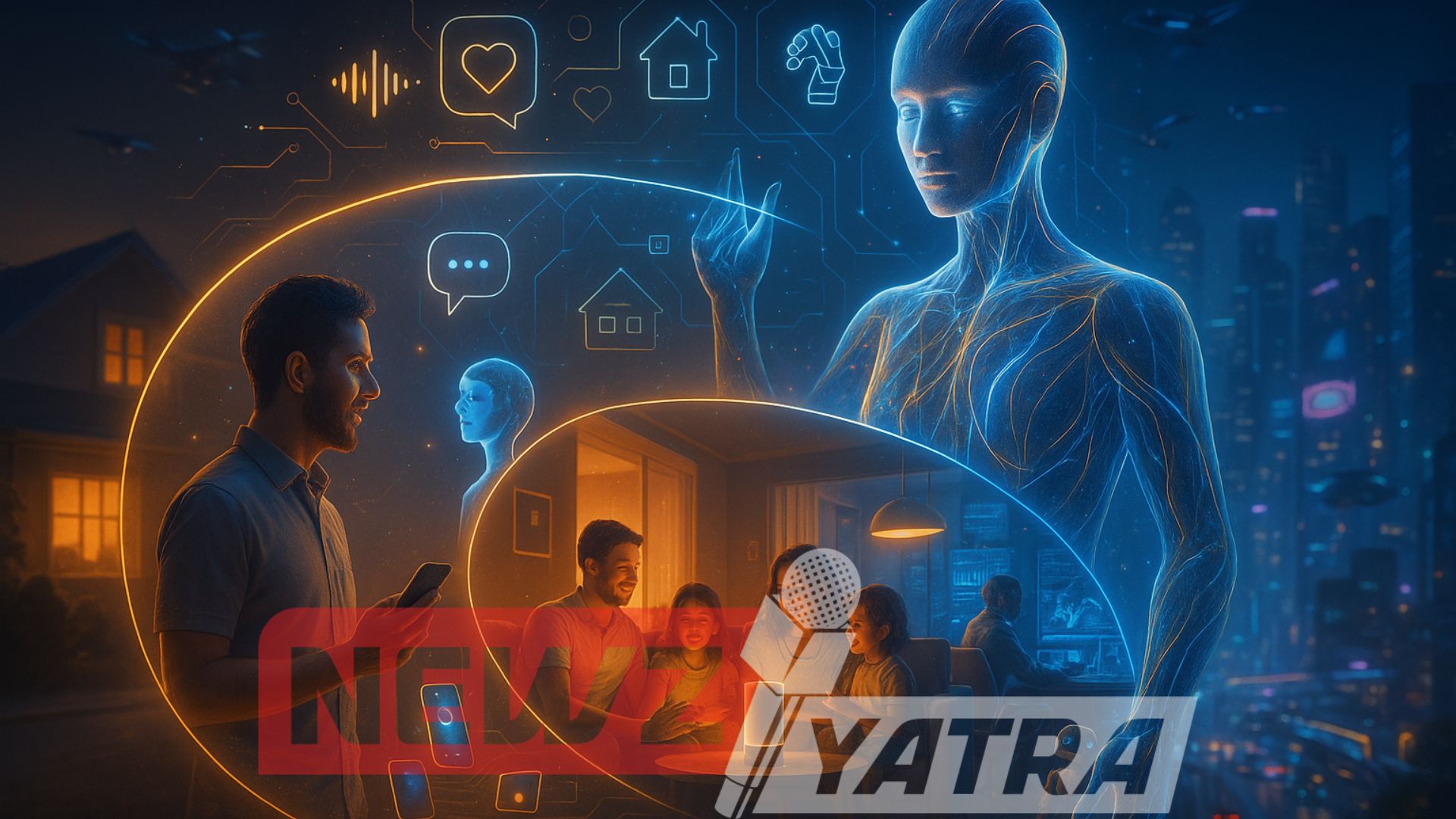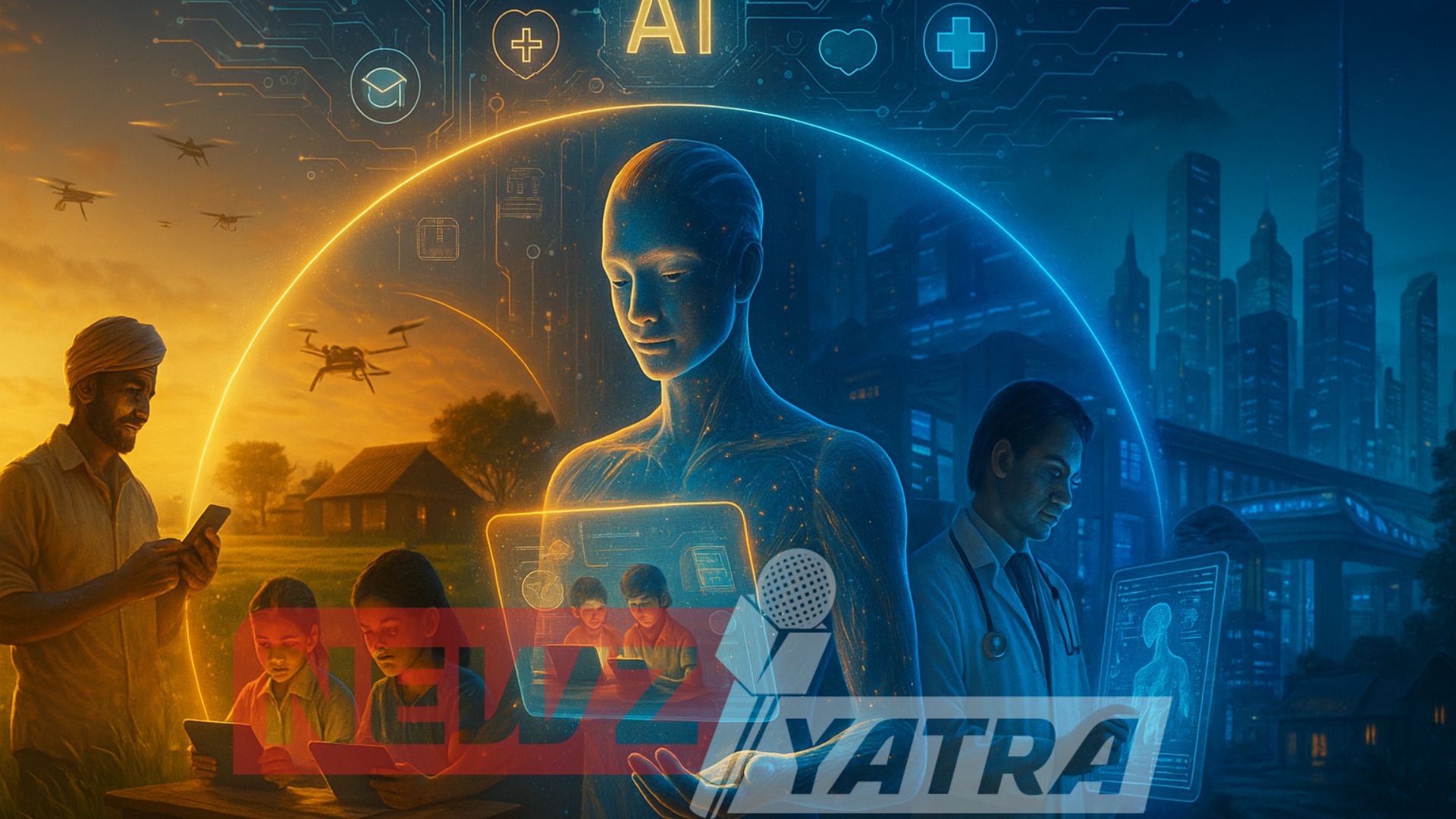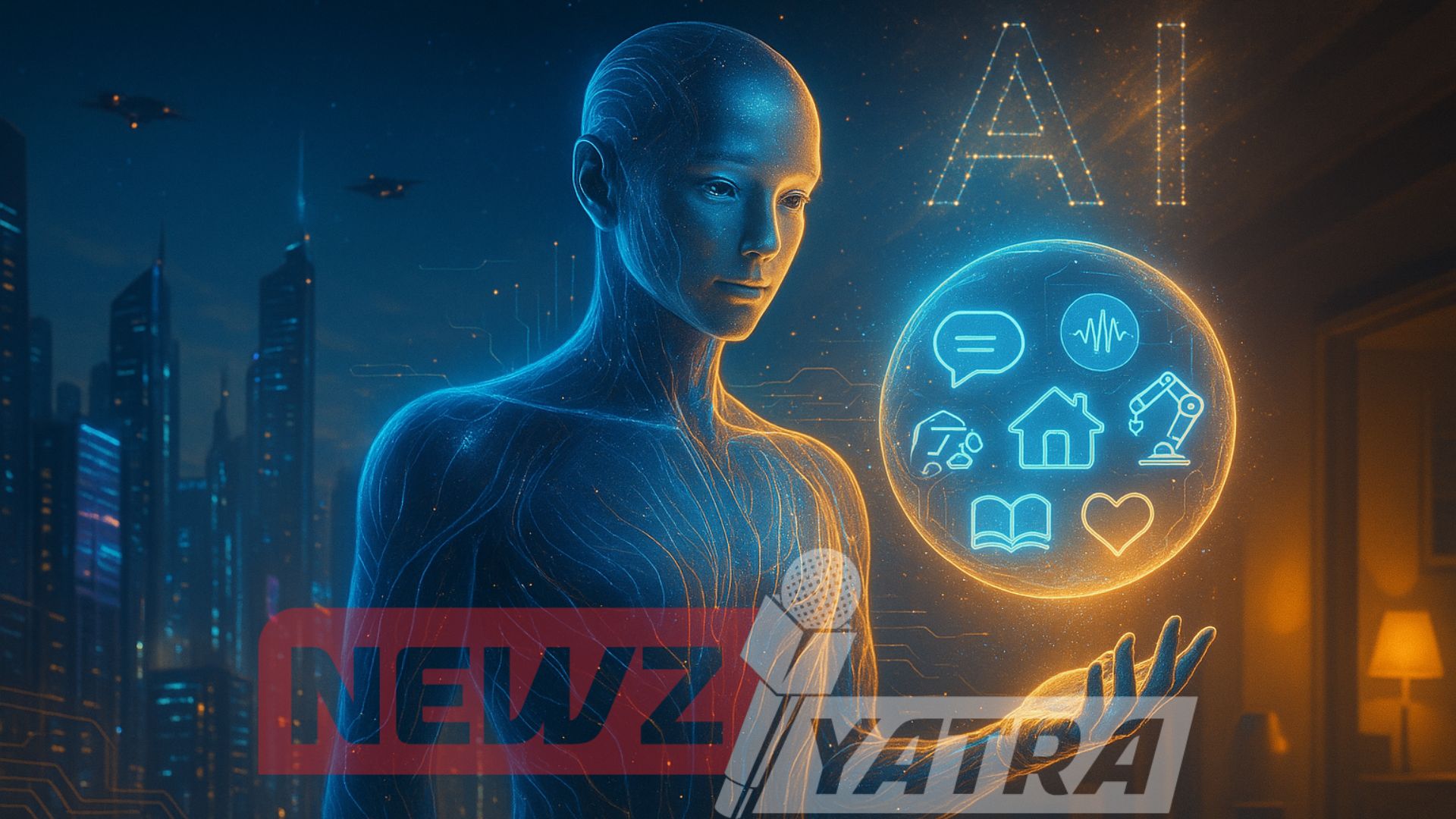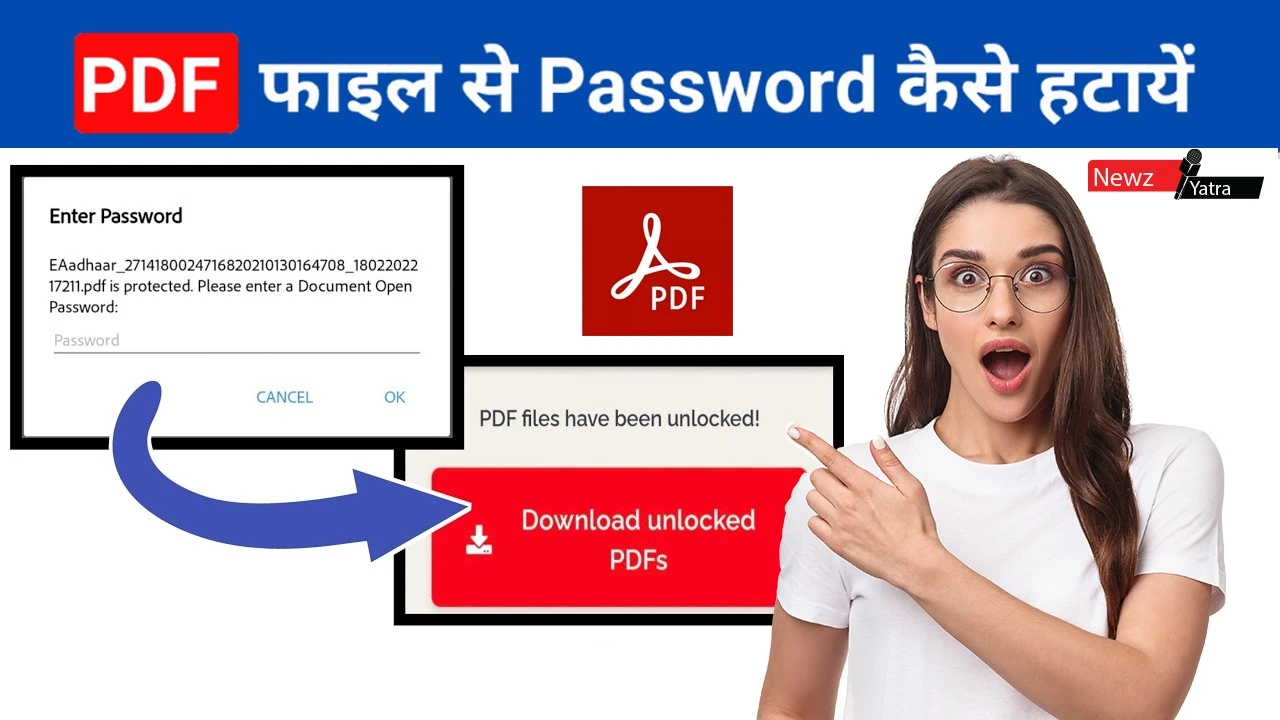Gen Z vs Millennials: Differences in Mindset, Spending & Content (2025 Guide)
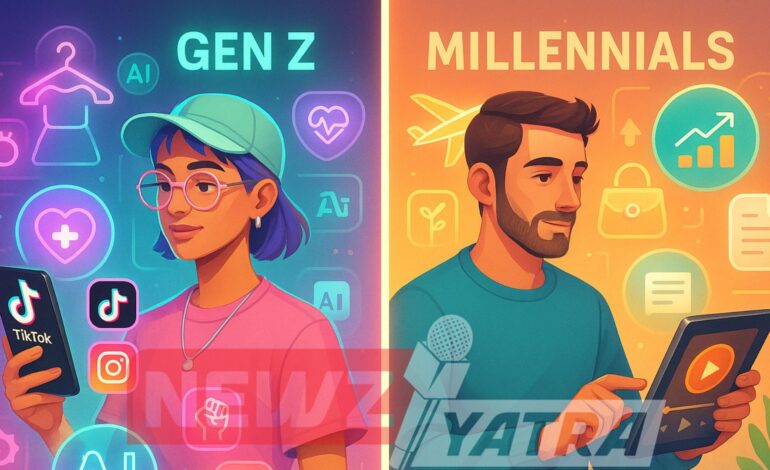
Do you think Gen Z and Millennials are basically the same?
Think again. (Differences between Gen Z and Millennials)
While the age gap between these two generations is relatively small, their mindset, lifestyle, financial behavior, and digital habits are vastly different. In 2025, if you’re a brand, creator, or marketer, understanding these differences isn’t optional — it’s essential.
In this guide, we break down the three biggest areas where Gen Z and Millennials clearly diverge:
- 1. Mindset & Core Values
- 2. Spending Habits
- 3. Content Consumption & Creation (Differences between Gen Z and Millennials)
Gen Z vs Millennials in 2025: Mindset, Money & Media Compared (Differences between Gen Z and Millennials)
1. Mindset & Core Values (Differences between Gen Z and Millennials)
Gen Z (born ~1997–2012) and Millennials (born ~1981–1996) may be close in age, but their way of thinking is quite different.
🔹 Gen Z (Differences between Gen Z and Millennials)
- Grew up during global challenges like climate change, social movements, and COVID-19.
- More realistic, cautious, and independent.
- Mental health, personal identity, and work-life balance are top priorities.
- They value authenticity, transparency, and purpose over everything.
Example: Gen Z prefers working for a startup with values over a big company that pays more but lacks purpose.
🔹 Millennials (Differences between Gen Z and Millennials)
- Grew up during the tech boom and rise of social media.
- More optimistic, driven, and idealistic.
- Career growth, stability, and personal development matter most.
- They value experiences, freedom, and flexibility.
Example: Millennials are more likely to quit a job if it doesn’t offer growth, even if it pays well.
2. Spending Habits (Differences between Gen Z and Millennials)
Gen Z and Millennials spend money differently — because they value different things.
Gen Z (Differences between Gen Z and Millennials)
- Smart with money and cautious buyers.
- Prefer saving, buying secondhand, or renting.
- Big fans of thrifting, digital wallets, and Buy Now Pay Later apps.
- Care more about brand values (e.g., sustainability, diversity) than brand names.
Example: Gen Z might choose a sustainable local brand over a luxury brand just to support the cause.
Millennials (Differences between Gen Z and Millennials)
- Love spending on experiences — travel, concerts, dining out.
- Invest in self-growth — like online courses, fitness, and mental wellness.
- Will spend on quality, but also look for deals and rewards.
Example: A Millennial might buy a premium laptop if it boosts productivity, even if it’s pricey.
3. Content Consumption & Creation (Differences between Gen Z and Millennials)
This is where the difference really shows. Gen Z and Millennials live in two different internet worlds.
Gen Z (Differences between Gen Z and Millennials)
- Video-first generation — prefer TikTok, YouTube Shorts, Instagram Reels.
- Watch short, punchy, fast-paced content.
- Value real people over celebrities — trust influencers and peers more.
- Also love creating content — editing videos, memes, and sharing opinions.
Tip for creators/brands: To reach Gen Z, create short-form video content with humor, trending audio, and authentic messages.
Millennials (Differences between Gen Z and Millennials)
- Spend more time on Facebook, Instagram, and YouTube (longer videos).
- Prefer reading blogs, watching tutorials, or listening to podcasts.
- Follow experts, coaches, and thought leaders.
- Less likely to create content, more likely to share it.
Tip for creators/brands: Use storytelling, behind-the-scenes, or educational formats to connect with Millennials.

What’s Next? Future-Proof Strategies for 2025 and Beyond (Differences between Gen Z and Millennials)
The lines between Gen Z and Millennials will continue to evolve — but the gap in how they consume content and interact with brands will likely grow sharper. Here’s how to stay ahead:
1. Personalization is No Longer Optional (Differences between Gen Z and Millennials)
Both generations expect brands to “know them.” But they define relevance differently:
- For Gen Z: Use AI to deliver real-time, contextual experiences. Think Spotify Wrapped, personalized memes, or curated TikTok-style feeds.
- For Millennials: Email newsletters, recommendation engines (like Netflix or Duolingo), and loyalty programs still work — if they feel intelligent and respectful.
Tool Tip: Use first-party data and behavioral insights, not just demographics, to shape messaging.
2. Community Over Campaigns (Differences between Gen Z and Millennials)
Gen Z and Millennials want to be part of something bigger.
- Gen Z: Create inclusive communities on Discord, Reddit, or close-knit Instagram groups. Involve them in product creation (Nike By You, Glossier polls, etc.).
- Millennials: Build brand tribes. Think alumni clubs, parenting groups, or personal development forums (like MasterClass, Calm, or Peloton).
Case in Point: Gymshark’s community-first approach wins over Gen Z. Airbnb’s “Live There” experience-driven model appeals to Millennials.
3. Social Commerce is the New Storefront
- Gen Z: Buys directly from TikTok Shops, Instagram Drops, or influencer recommendations. They treat social media as the mall.
- Millennials: Still prefer product reviews, comparison tools, and desktop comfort — but mobile conversion is rising fast.
Pro Tip: Don’t just “show” products — tell stories, offer UGC, and make it frictionless to buy within 2 taps.
4. AI & Creators Will Shape Brand Voice
By 2025, the line between creators and brands is blurring. Both generations engage more with humanized content than with corporate speak.
- Gen Z: Embrace lo-fi, unpolished creator content. Think BeReal, behind-the-scenes TikToks, and creator collabs.
- Millennials: Trust thoughtful creators — subject-matter experts, lifestyle coaches, tech reviewers, etc.
What Works: Branded podcasts, influencer “takeovers,” expert-led tutorials, or even AI-generated companion tools (like Sephora’s virtual try-on).
Bringing the Generational Vibe Gap
In the race to stay relevant in 2025, one-size-fits-all marketing is a thing of the past.
Gen Z wants authenticity, inclusion, and impact.
Millennials seek growth, connection, and experience.
They scroll differently, spend differently, and think differently — and your brand must evolve accordingly.
The brands that win won’t just target these generations — they’ll understand them, speak their language, and build with them.
Because in the end, it’s not just Gen Z vs. Millennials.
It’s you vs. irrelevance.
So, adapt boldly. Market wisely.
And speak with meaning — or risk being muted.
Ready to Engage the Right Generation?
Whether you’re building a brand, creating content, or launching a product — understanding your audience is half the battle. Now that you know how Gen Z and Millennials differ in mindset, money, and media, it’s time to put that knowledge into action.
👉 Are you tailoring your message to the right mindset?
👉 Is your content speaking their language — or being scrolled past?
👉 Are you building a brand they want to belong to?
If not, this is your moment to pivot.
Need help crafting content that clicks with Gen Z or Millennials?
Let’s brainstorm together. Contact us or follow for more insights that move the needle.
Your next-gen strategy starts now. Don’t market blindly — market wisely.
How to Make Viral AI Videos for Instagram Reels! (2025 Guide)
FAQs – Gen Z vs Millennials (2025 Guide)
Q1. Who are Gen Z and Millennials?
A:
- Gen Z: Born between 1997–2012
- Millennials: Born between 1981–1996
They’re close in age but have very different habits, values, and digital behaviors.
Q2. Why should brands care about the differences between these two generations?
A: Because both generations have massive buying power and influence. If your marketing speaks the wrong language, they’ll scroll past. Understanding them = better engagement and sales.
Q3. What does Gen Z care about the most?
A: Authenticity, mental health, work-life balance, and realness. They want brands to be transparent and socially responsible.
Q4. What do Millennials care about the most?
A: Growth, experiences, freedom, and flexibility. They value smart spending, personal development, and brands that help them live better.
Q5. How do their spending habits differ?
A:
- Gen Z saves more, shops secondhand, and supports ethical brands.
- Millennials spend more on travel, wellness, and tools that improve their lifestyle.
Q6. What platforms do Gen Z use the most?
A: TikTok, Instagram Reels, YouTube Shorts, and Discord. They prefer short-form, fast content and community-based apps.
Q7. What platforms do Millennials use the most?
A: Instagram, Facebook, YouTube, and podcasts. They like longer content and platforms where they can learn or explore deeply.
